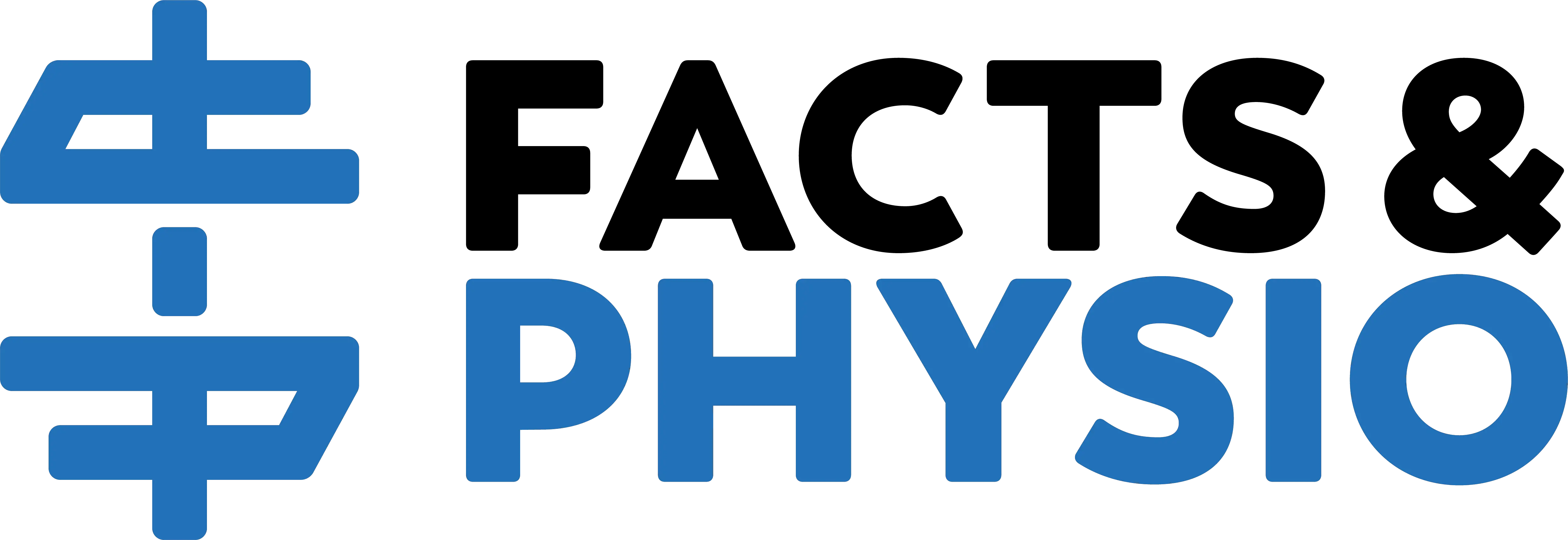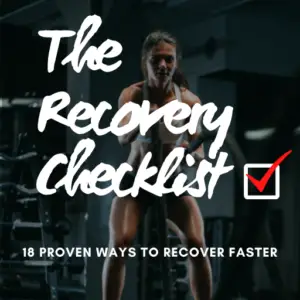“Does my back hurt because I’ve gained 15 pounds?”
“Will my pain go away if I lose weight?”

Many people wonder if their musculoskeletal pain is related to their weight.
The short answer is maybe.
Pain is complex, as I covered in this article. So how does weight affect musculoskeletal pain? Here’s what the research says…
Who Benefits From Weight Loss?
Weight loss isn’t a panacea for those with a healthy body weight (a body mass index from 18.5 to 25). Even for people who are a bit overweight (BMI of 25-30), losing weight isn’t a reliable route to pain relief.
Notably, body mass index (BMI) calculations doesn’t account for muscle mass, fat %, age, sex or other factors. It’s just a function of height and weight. So it’s a far-from-perfect tool.
For those with a BMI >30 (who aren’t hulking bodybuilders), weight loss frequently eases pain.
Is It All In The Legs?
Losing weight consistently eases hip and knee pain. These weight-bearing joints are prone to pain in heavier individuals.
Healthy body weight slashes the risk of hip and knee arthritis! Individuals with a BMI above 40 are 8.6x more likely to need a hip replacement and 32.7x more likely to need a knee replacement than those at a normal BMI (Brock 2018).
Losing excess weight consistently relieves knee and hip pain. It can relieve pain in other joints, albeit less predictably.
The Low Back Pain Puzzle
What causes low back pain and sciatica? This question has puzzled researchers for decades.

There aren’t any strong risk factors for low back pain. Likewise, there’s little correlation between weight loss, obesity, and low back pain.
Fortunately, science is clearer on which back pain treatments actually work (and which ones don’t). For starters, avoid these 5 mistakes.
Obesity and Chronic Pain
Research shows a clear link between obesity and chronic pain (Okifuji 2015). It’s a complex relationship, not a simple cause-and-effect.
Several theories may explain the connection between obesity and pain:
- Mechanical: Excess weight causes increasing loading on joints and muscles
- Chemical: Obesity is linked to chronic low-grade inflammation in the body
- Depression: A frequent co-morbidity of obesity, depression is linked to chronic pain
- Poor Sleep: Sleep disorders delay healing and increase the likelihood of pain
- Low Activity Levels: A sedentary lifestyle causes poorer health. Exercise reduces pain, improves sleep, and boosts mood.
Related: Is Sitting the New Smoking?
What’s The Takeaway?
Weight loss can play a powerful role in easing pain. But pain relief is possible without weight loss.

Science-based physical therapy treatment reduces pain. So does getting stronger.
I encourage all my clients to stay physically active. And if they want to lose weight, I direct them to resources like these:
1. Understand Healthy Eating
Healthy nutrition is crucial for losing weight. But there’s so much misinformation in the diet and nutrition space.
I recommend the Understanding Healthy Eating eBook. It’s a science-backed resource written by Dr. Mike Israetel and the experts at Renaissance Periodization.
2. Nutrition Tracker
It’s the business adage “what gets measured gets managed.” It’s easy to eat healthier when you know what you eat. My favorite nutrition tracker is the free MyFitnessPal app.
3. How to Start Exercising
With exercise, starting is the hardest part. Check out these low-impact exercises and learn how to build an exercise habit from scratch.
For more practical health tips you won’t find anywhere else, join the free, fast-growing Facts & Physio Newsletter. Plus, get The Recovery Checklist when you sign up.

